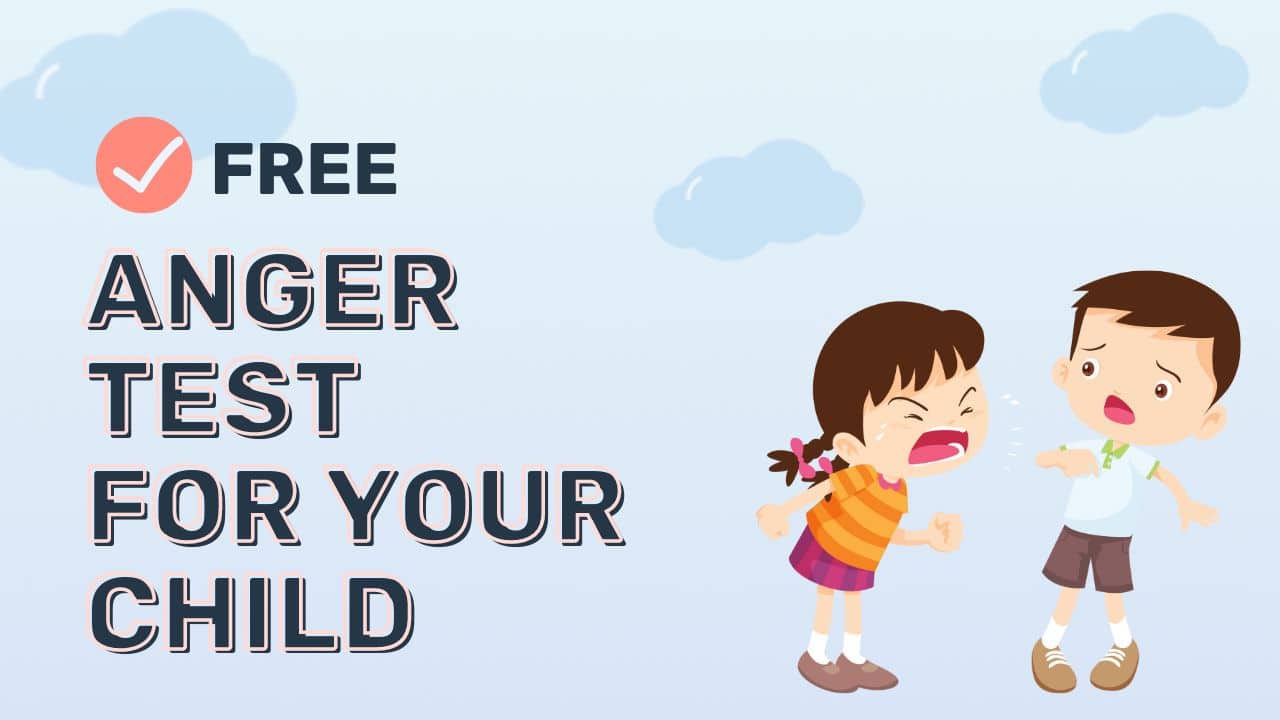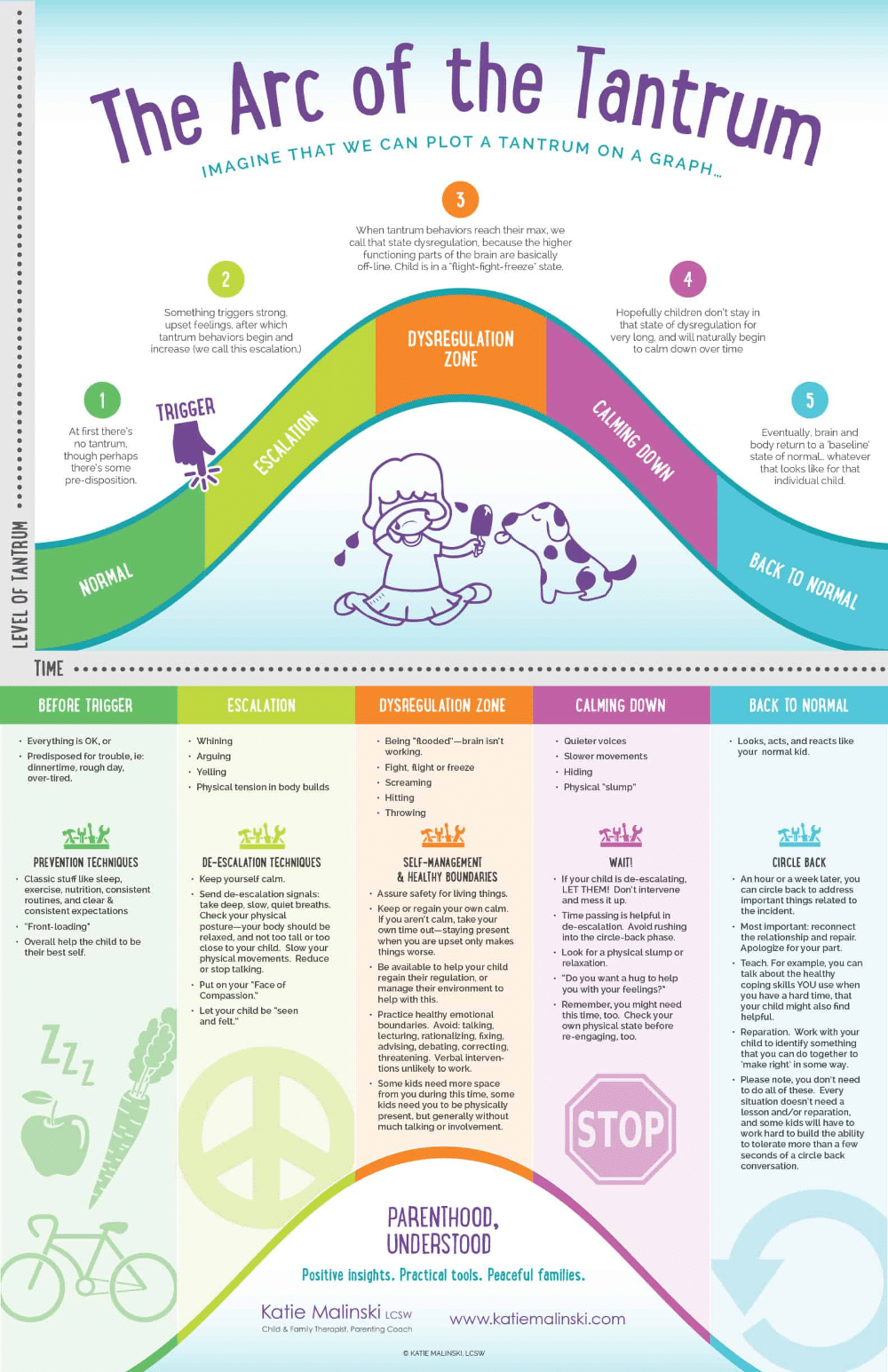Dealing with toddler aggressive behavior can feel like a handful, but there are practical strategies to help.
Using clear, consistent rules: See the world from their eyes. One day, your kid is a pilot; the next, they explore the jungle. Throughout their adventures, they stay consistent with rules such as ‘no hitting.’
Positive reinforcement: Celebrate small victories. If they share their toys nicely, make a big deal out of it.
Proactive communication: Duck, here comes a flying toy! Maybe your child doesn’t have the words to say they’re upset. Teach them to use words instead of actions.
Teaching empathy: Their friend teared up when they hit him. Sit with your child and talk about how their friend may feel.
These methods can guide your child towards healthier ways of expressing emotions in the long term. Yes, there may still be a meltdown in the cereal aisle, but remember, every step forward counts!












